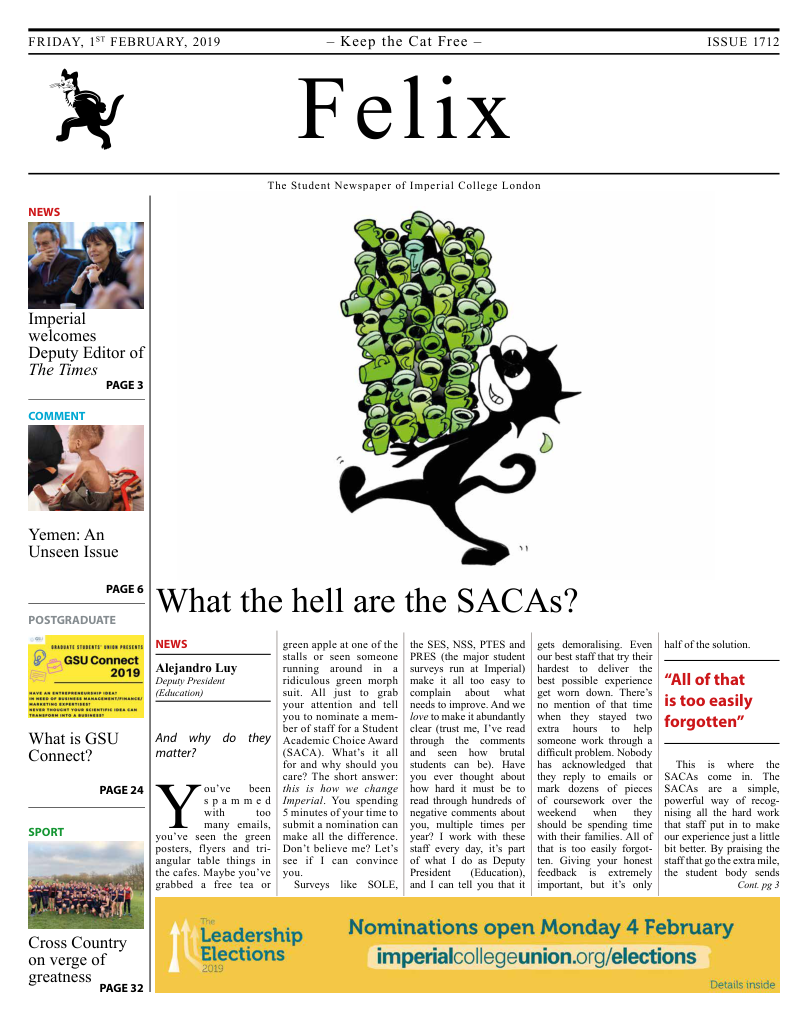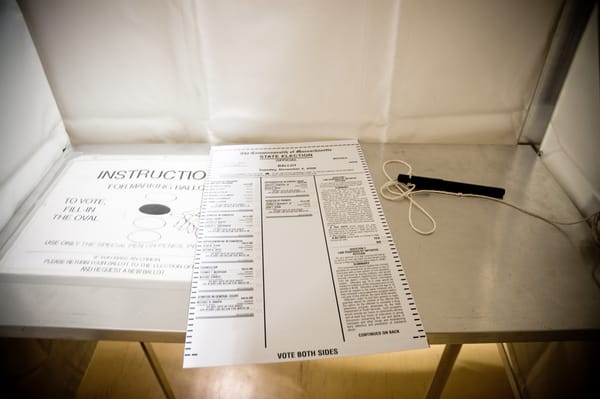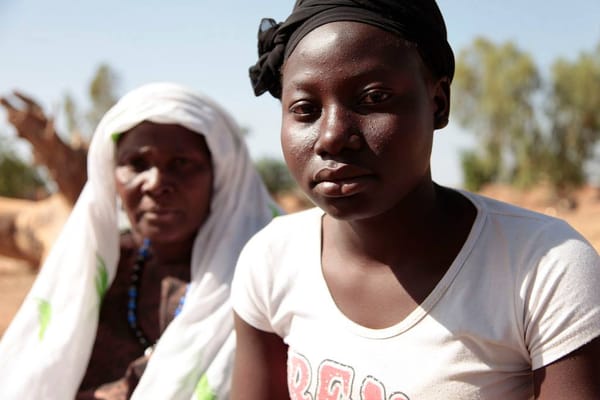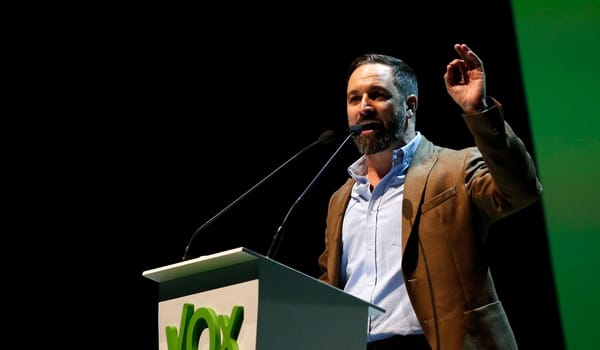Les Gilets Jaunes: protesters or extremists?
Xiu Xiuchen argues that whilst the gilets jaunes began as a protest against fuel taxes, it has mutated into an extremist movement

The yellow vest (gilets jaunes) movement began in November 2018 and was named after the high-vis jackets worn by motorists who started the movement. Although the gilets jaunes started by protesting against rising fuel taxes, the movement has become increasingly extreme with the manifestation of anti-government sentiments. To fully understand the evolution of the movement, we must take a closer look at events that have led to the current state of affairs. The first major protest on November 17th saw large scale barricades of roads. The protests attracted over 300,000 people and caused major chaos. By 21st November there had been 585 civilian injuries and two deaths, which lead to President Macron deploying troops to combat the violence. The gilets jaunes has no official organisation, no identified leader and no political affiliation, so just how did the movement become such a threat to the French government?
It all began initially with a single online petition to lower fuel taxes launched in May by Priscillia Ludosky. The petition quickly gained great momentum, and by mid-October it had over 300,000 signatures (and now has over 1 million signatures). The anti-fuel tax petition resonated with middle- and working-class motorists in France, especially as there were impending further fuel tax rises proposed by Macron to take effect in January.
Following the petition, social media played an important role. The idea for a national blockade was launched by Éric Drouet and Bruno Lefevre through the creation of a Facebook event. Also, around this period, a viral video was posted by Ghislain Coutard which proposed the use of high-vis jackets during the protests, the yellow vest has since then become the symbol of this movement. Another important viral video was by Jacline Mourad who criticised Macron’s policies as they favoured the rich. The video resonated with the people of France, as many believed the environmental duties are placed unfairly upon them as the problems were caused by big corporations.
Following the initial protest, increasingly violent protests ensued. On 24th of November, protesters set fires in the streets of Paris, and police started using tear gas to deter the protesters . By the beginning of December, an antiMacron protest was organised, marking the beginning of the change from anti-fuel tax to more anti-governmental protests. More than 100 cars were burned on 1st December, and the protests resulted in the death of a second motorist and an elderly Algerian woman. The estimated property damage was 3-4 million Euro.
By 4th December, the proposed tax rises were suspended. However, the protests continued, as the anger with Macron’s pro-business policies spread like wildfire. Right now, the gilets jaunes crisis is becoming increasingly difficult for the government to deal with, as the movement has gained widespread support in France (polls found that 70% of French people supported the gilets jaunes). The influence of the gilets jaunes has also spread internationally, with similar protests occurring in multiple countries including Canada, Russia, and Croatia.
The situation in France is also worrying as the movement is slowly being high-jacked by anarchists and extremists. Indeed, a poll has shown that many protesters had either not voted or voted for far-right or far-left candidates during the 2017 presidential elections, and it is clear that many of the protests are insurrectionist in nature. The future of France is shrouded in uncertainty as the protests continue; will the government regain its stability or will the country spiral further into chaos.







